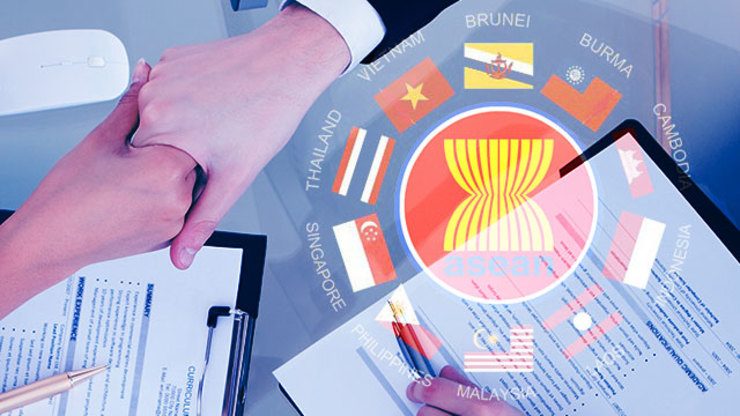SUMMARY
This is AI generated summarization, which may have errors. For context, always refer to the full article.

MANILA, PHILIPPINES – In light of the Association of Southeast Asian Nations (ASEAN) integration in 2015, about 15 Philippine companies reportedly preparing for overseas expansion in the region.
George Barcelon, Philippine Chamber of Commerce and Industry (PCCI) director, said at the 2014 Filipino Franchise Show opening on Friday, October 3, that the companies are led by Julie’s Bakeshop and Softee Ice Cream.
No other details were provided but officials of the Association of Filipino Franchisers Incorporated (AFFI) said their members are eyeing expansion not only in Southeast Asia, but even in Japan.
AFFI sees food as a viable business for franchising abroad.
AFFI marketing director Frank Reyes, who is also founder and chief executive officer of Reyes Barbecue, said his company is exploring Japan as a market for its barbecued boneless bangus product.
Lots’A Pizza president/treasurer Teresita Ngan Tian, who is also AFFI vice president, said her company is planning to take its pizza chain overseas and will have a new product to offer ASEAN countries.
Ngan Tian admitted that securing halal certification to enter bigger markets like Malaysia and Indonesia remains a challenge.
She said other options like supply and distribution could also be explored by local franchises.
Josephine Co See, president of Peanut World, said small franchises have to sustain themselves financially to expand since investment requirements are at a minimum.
Once these small businesses have made a track record, they will be able to avail of a loan in aid of their business expansion, Co See said.
Local businesses, particularly, small and medium enterprises (SMEs) in the Philippines, are urged to welcome the ASEAN integration as an opportunity for growth.
Access to finance, though, is still considered a major hurdle. Thus, it is on top of the ASEAN SMEs Development strategic plan of action for 2010-2015. (READ: ‘ASEAN integration an opportunity, not a threat to PH SMEs’)
Micro enterprises, for example, which have the potential to grow into SMEs still encounter the reluctance of banks and other financial institutions to lend to them since they have no financial documentation and records, no banking relations, and lack financial literacy. – Rappler.com
Add a comment
How does this make you feel?
There are no comments yet. Add your comment to start the conversation.